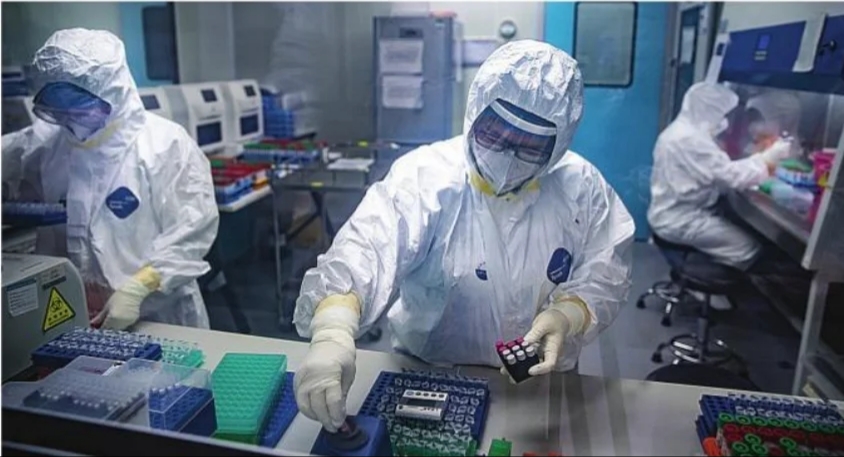Int'l Correspondent
Published:2021-11-13 18:34:34 BdST
An animal-borne disease ‘Norovirus’ confirmed in India’s Kerala
India’s Kerala health minister Veena George on Friday asked people to be vigilant and issued guidelines after norovirus, a highly contagious stomach bug that causes a range of symptoms, was confirmed in the state’s Wayanad district.
Norovirus, an animal-borne disease transmitted through contaminated water and food, was reported in as many as 13 students of a veterinary college in Pookode near Vythiri in Wayanad district two weeks ago.
"Currently there is no cause for concern but everyone should be vigilant. Activities including super chlorination are underway. Drinking water sources need to be ensured to be hygienic," Veena George said.
"With proper prevention and treatment, the disease can be cured quickly. Therefore, everyone should be aware of the disease and its means of prevention," she added.
What is norovirus?
Norovirus causes gastrointestinal illness, including inflammation of the lining of the stomach and intestines, severe vomiting and diarrhoea.
Norovirus does not significantly affect healthy people but it can be serious in young children, the elderly and people with comorbidities.
Norovirus is easily transmitted through close contact with people who have been infected, or by touching contaminated surfaces. It can also be spread by eating food that has been prepared or handled by someone with the stomach bug. The virus is spread through the excrement and vomit of an infected person.
What are the symptoms of norovirus?
Diarrhoea, abdominal pain, vomiting, nausea, a high temperature, headache and body aches are some of the common symptoms of norovirus.
Experts say acute vomiting and diarrhoea can lead to dehydration and further complications.
What are the guidelines to prevent norovirus?
The Kerala health ministry's guidelines say those infected with norovirus should rest at home, drink oral rehydration solutions (ORS) and boiled water.
People should wash their hands thoroughly with soap and water before eating and after using the toilet. “Those who interact with animals should pay special attention," the health ministry's guidelines read.
The guidelines said that drinking water sources, wells and storage tanks must be chlorinated with bleaching powder. People must use chlorinated water for domestic use and drink only boiled water, it added.
Fruits and vegetables should be thoroughly washed before eating. According to the guidelines, sea fish and shellfish such as crab and mussels must only be eaten after they are well cooked. It added that stale and exposed foods must be avoided.
Source: Hindustan Times
Unauthorized use or reproduction of The Finance Today content for commercial purposes is strictly prohibited.


